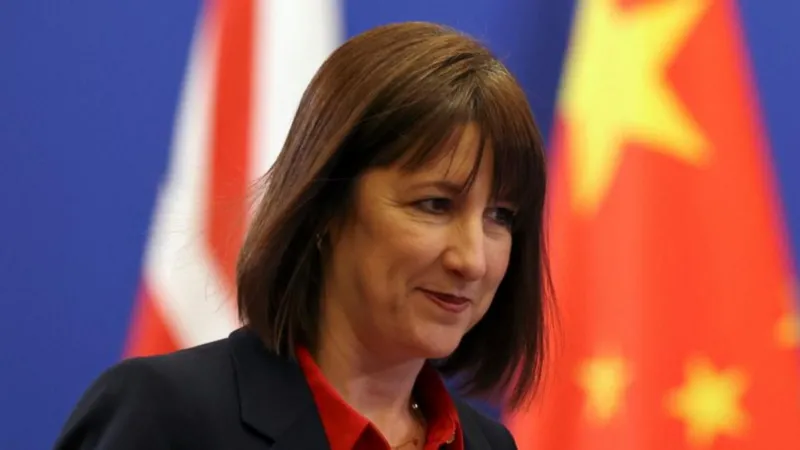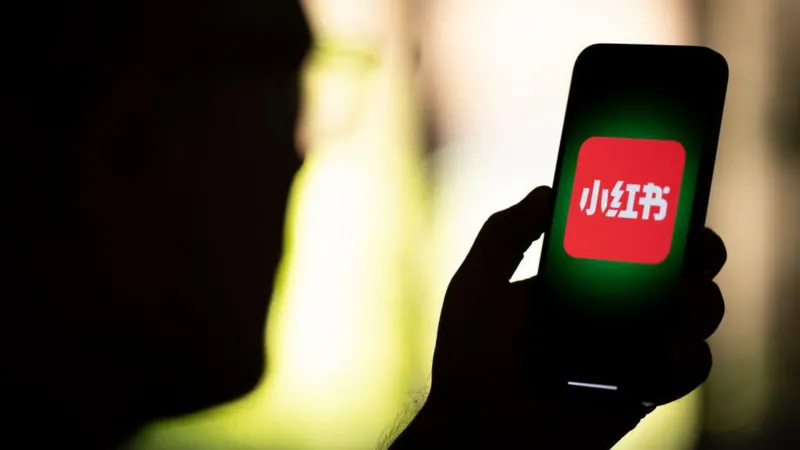
Chancellor Rachel Reeves has defended her decision to travel to China to improve economic ties at a time when soaring government borrowing costs threaten to squeeze UK public finances.
She says she wants a long-term relationship with China that is “squarely in our national interest” and on Saturday said agreements reached in Beijing would be worth £600m to the UK over the next five years.
Her trip has been overshadowed by UK borrowing costs hitting a 16-year high and a fall in the value of the pound, with the Conservatives accusing Reeves of having “fled to China”.
Speaking during a visit to UK bike maker Brompton’s Beijing store, Reeves insisted she would not alter her economic plans.
Reeves met Chinese Vice-Premier He Lifeng in Beijing, discussing trade and investment opportunities as part of efforts to grow the UK economy and raise living standards.
Following the talks, the UK Treasury said both countries had agreed to deeper co-operation in trade, financial services, investment and climate issues.
China is the world’s second largest economy and the UK’s fourth largest single trading partner. According to the Treasury, exports to the country supported more than 455,000 UK jobs in 2020.
“Growth is the number one mission of this government,” Reeves said.
“The fiscal rules laid out in the Budget are non-negotiable. Economic stability is the bedrock for economic growth and prosperity.”
But the market movements create a potential problem for Reeves if she wants to meet her self-imposed fiscal rules. She has pledged not to borrow to fund day-to-day spending and to get debt falling as a share of national income by the end of this parliament.
Governments generally spend more than they raise in tax so they borrow money to fill the gap, usually by selling bonds to investors.
But UK borrowing costs have been rising in recent months and this week the cost of borrowing over 10 years hit its highest level since 2008. The pound also dropped on Friday to below $1.22.
The market turbulence also comes as growth in the UK economy has been stagnant







